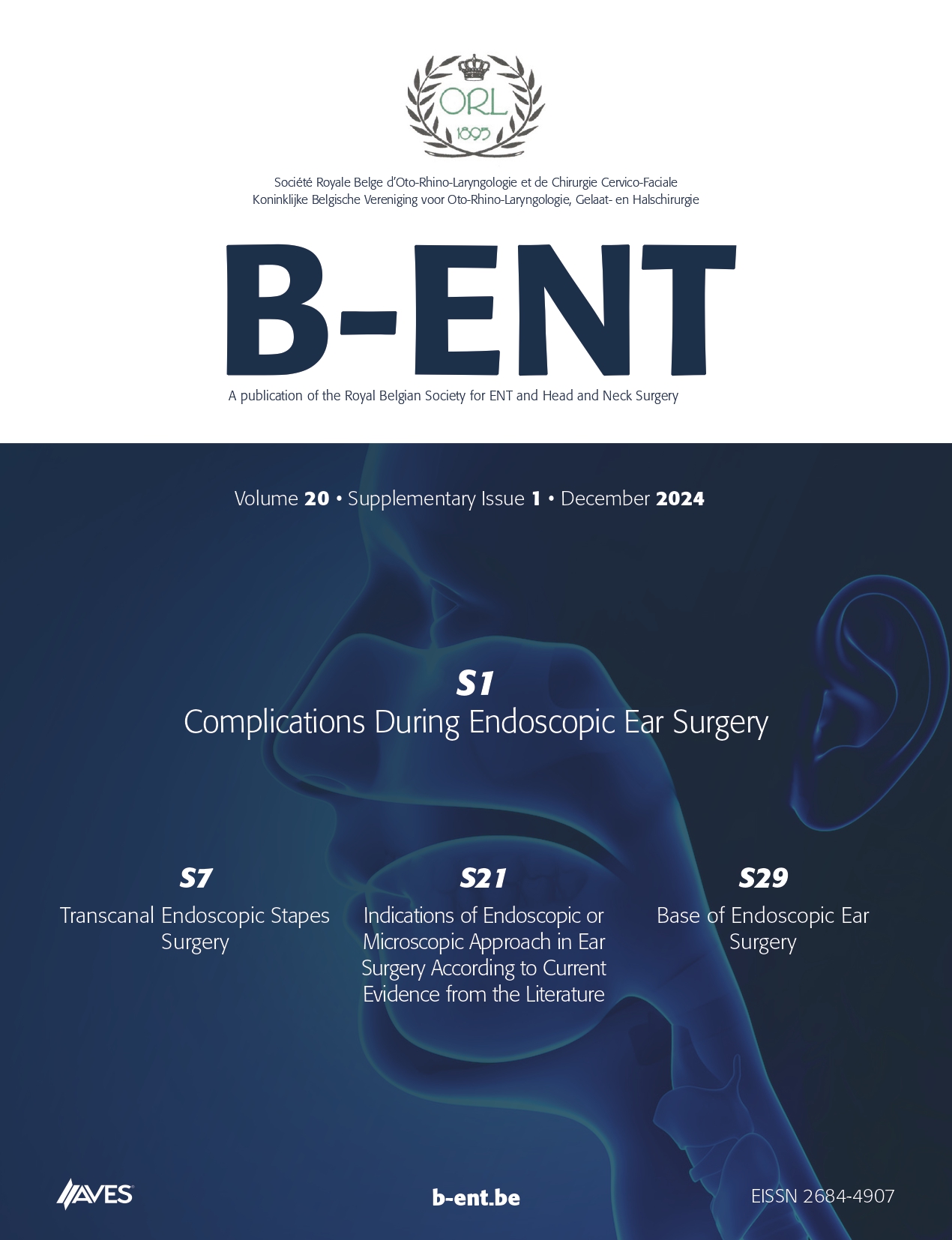Corticosteroid hypersensitivity in allergic rhinitis. Background: intranasal corticosteroid (IC) is the most effective treatment method in allergic rhinitis patients who are unresponsive to antihistamines. The literature reports an approximate 20% treatment failure for instances where IC is used for the treatment allergic rhinitis. Hypersensitivity reaction to corticosteroids may be one of the causes of this treatment failure. Objective: to discover the incidence and confounding factors of corticosteroid hypersensitivity in patients with allergic rhinitis.
Methods: after 31 patients were excluded, 150 consecutive patients who were prospectively evaluated in our outpatient clinics with the diagnosis of allergic rhinitis and 50 age- and sex- matched healthy volunteers were included in this study. To diagnose allergic rhinitis, the symptoms of patients and a skin prick test were used. A skin patch test was used to determine corticosteroid hypersensitivity. Total IgE values and total eosinophil count were obtained for all patients. Total symptom scores were calculated for the severity of symptoms and to determine the response to therapy using intranasal corticosteroids.
Results: the incidence of corticosteroid hypersensitivity determined via the skin patch test was 14.0% (21 out of 150 patients). A difference was observed for patch test positivity results between the study and control groups (14% vs. 0%, respectively). Serum IgE levels and total eosinophil count were higher among patients who had corticosteroid hypersensitivity (p:0.005 and p:0.004, respectively). Patients unresponsive to intranasal corticosteroids had a higher incidence of corticosteroid hypersensitivity (71.4% vs. 4.4%, p<0.001).
Conclusion: our study is the largest to date investigating CH in patients with allergic rhinitis and patients with allergic rhinitis have been found to have a high incidence (14%) of corticosteroid hypersensitivity, which may affect the response of patients to intranasal corticosteroid treatment.



.png)
